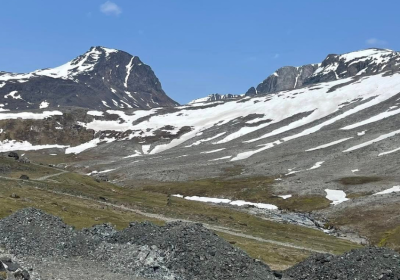
Western Australian-based mining corporation Energy Transition Minerals lost its bid to overrule a 2023 decision by the Greenland government to reject its application to mine uranium and rare earths, reports Peter Boyle.

Western Australian-based mining corporation Energy Transition Minerals lost its bid to overrule a 2023 decision by the Greenland government to reject its application to mine uranium and rare earths, reports Peter Boyle.
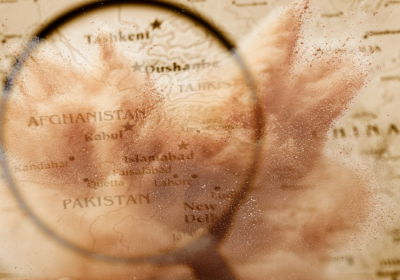
Farooq Sulehria looks behind the recent clashes between Pakistan and Afghanistan.
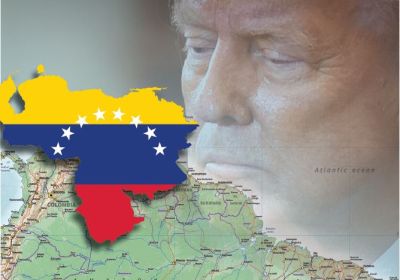
Green Left’s Kerry Smith speaks to Federico Fuentes, a regular GL writer on Venezuela and long-time solidarity activist, about the significance of United States President Donald Trump’s deployment of warships throughout the Caribbean — and why it must be opposed.
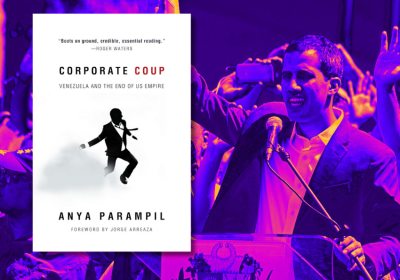
Ana Parampil’s 2024 book, Corporate Coup: Venezuela and the End of US Empire, documents how successive United States political leaders worked to undermine Venezuelan sovereignty. Coral Wynter reviews.
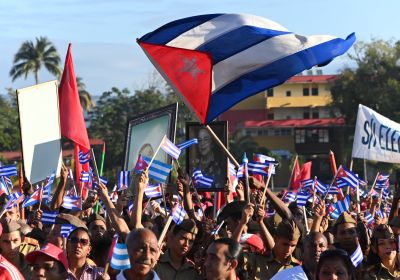
More than 50,000 Cubans took to the streets in the southern city of Guantánamo to reject United States President Donald Trump’s plan to use the Guantánamo Bay Naval Base as a detention centre for deported migrants, reports Ben Radford.
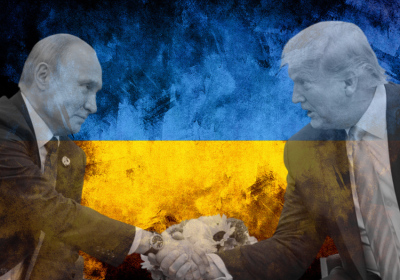
Russian socialists and anti-war activists have condemned the so-called “peace deal” for Ukraine being negotiated between Russia and the United States, warning it will only bring new wars. Federico Fuentes reports.
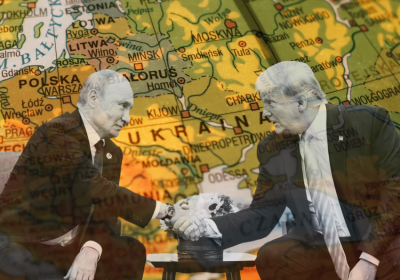
The Trump-Putin pact has plunged the European capitalist class’ post-war project into deep crisis — that of building an ultra-liberal European Union as US imperialism’s privileged ally and NATO’s European pillar, argues Daniel Tanuro.
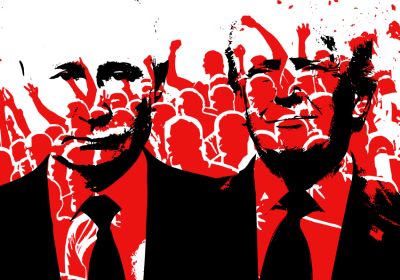
Donald Trump’s neofascist administration is seeking direct agreement with Russian President Vladimir Putin at the expense of the Ukrainian people, argues Gilbert Achcar.
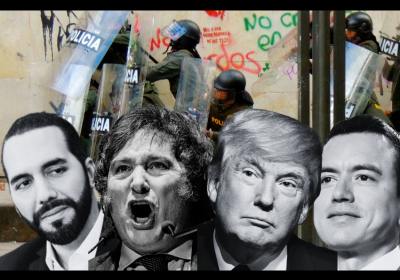
Trump’s presidential victory comes in the context of emboldened far-right governments in Latin America, which are looking to foster closer links with each other. Ben Radford reports.
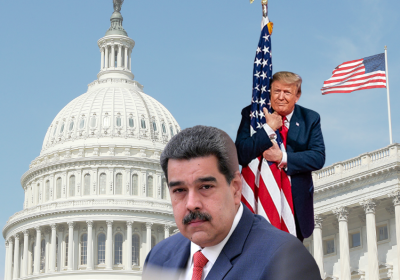
Speculation of more privatisations by the Nicolás Maduro government is growing amid fears incoming United States president Donald Trump may tighten sanctions on Venezuela, reports Federico Fuentes.
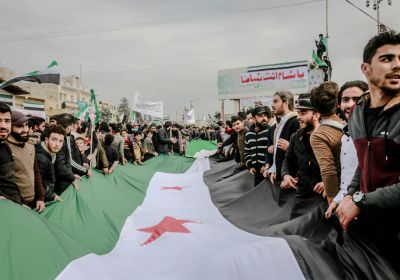
The future of Syria and the Middle East is complex and uncertain, argues Khaled Ghannam.
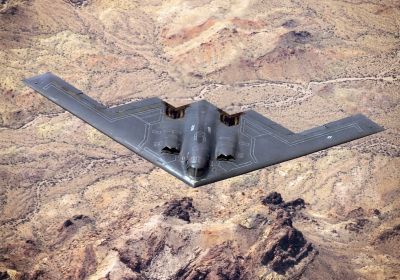
The United States deployed B-2 stealth bombers to launch airstrikes on Yemen on October 17, underscoring the US’ deep involvement in a deadly regional war that is threatening to engulf the entire Middle East, reports Jake Johnson.